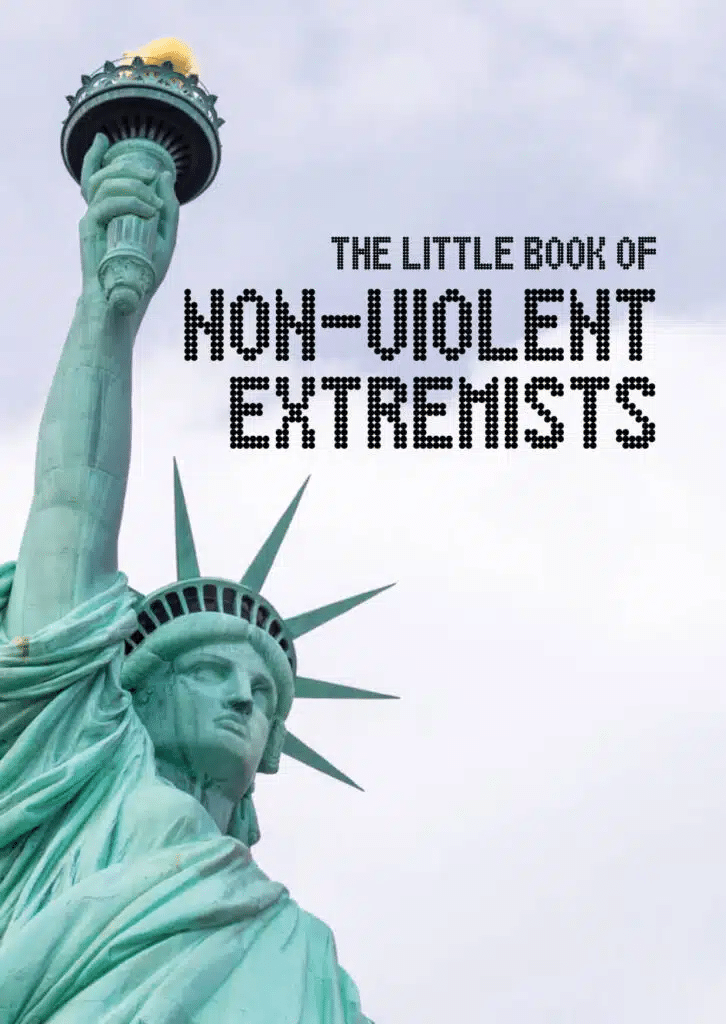Officers could be turned into “dangerous” thought police under Government plans to counter extremism, the new leader of Greater Manchester Police has warned.
Chief Constable Ian Hopkins said police have to “tread a very thin line” to ensure a full debate can take place with people able to air their views and protest peacefully.
His comments come as the Government seeks to introduce Extremism Disruption Orders (EDOs), which critics say could hamper free speech.
Very difficult
Speaking to the media as he began the new role, Hopkins told The Guardian that the legislation would “take time to work through in a practical sense”.
He said: “It’s not just about counter-extremism, it’s also about protests. We are in a very difficult position.
“We tread a very thin line in terms of making sure people can air views, there can be proper debate, that people can protest peacefully.
“For me that’s the real challenge, just making sure that police maintain that line and don’t become the thought police because that’s dangerous.”
Backfire
Earlier this month, his predecessor Sir Peter Fahy also noted concerns that Government efforts to combat extremism “will limit free speech and backfire if we don’t get the balance right”.
“The efforts to control extremism and limit protest by those caught by too wide a definition may undermine the very rights and British values you seek to protect”, he said.
This week a new campaign, Defend Free Speech, was launched in Parliament.
The group, whose supporters include The Christian Institute and the National Secular Society, is specifically warning against Extremism Disruption Orders (EDOs) in the Counter-Extremism Strategy.
No safeguards
The Christian Institute’s Simon Calvert, Campaign Director of Defend Free Speech, warned: “The complete absence of safeguards and any clear definition of what is deemed to be extreme will have a chilling effect on free speech and campaigners.”
Keith Porteous Wood, Executive Director of the National Secular Society, said the plans “had to be resisted”, as the Government could crack down on those deemed as ‘extreme’, “even if they have not broken a single law”.


